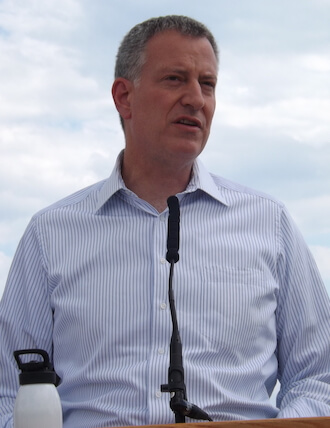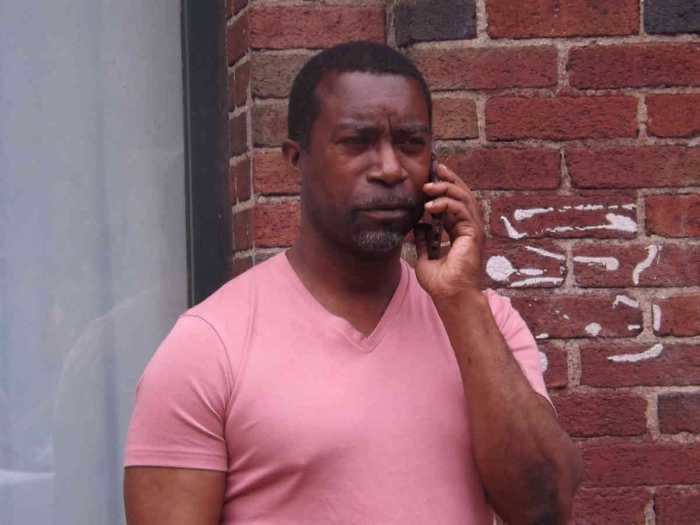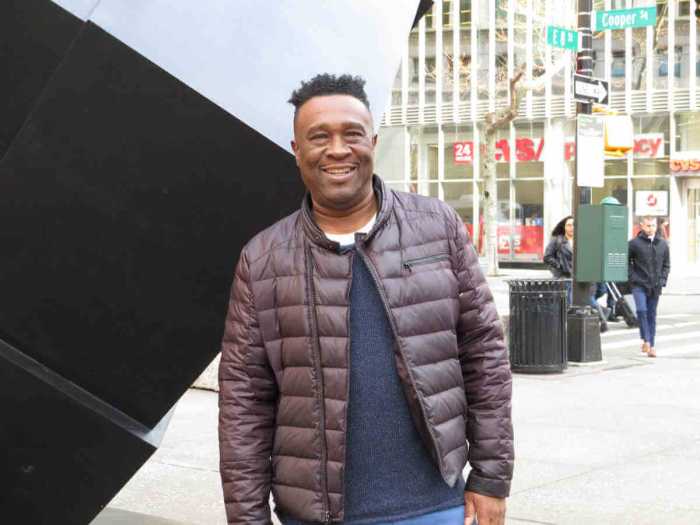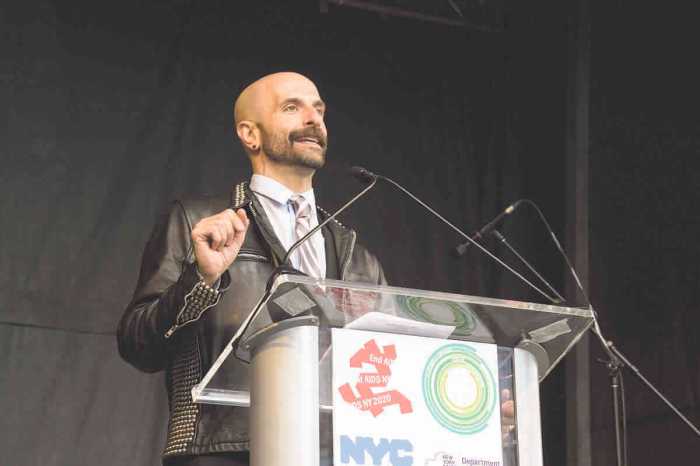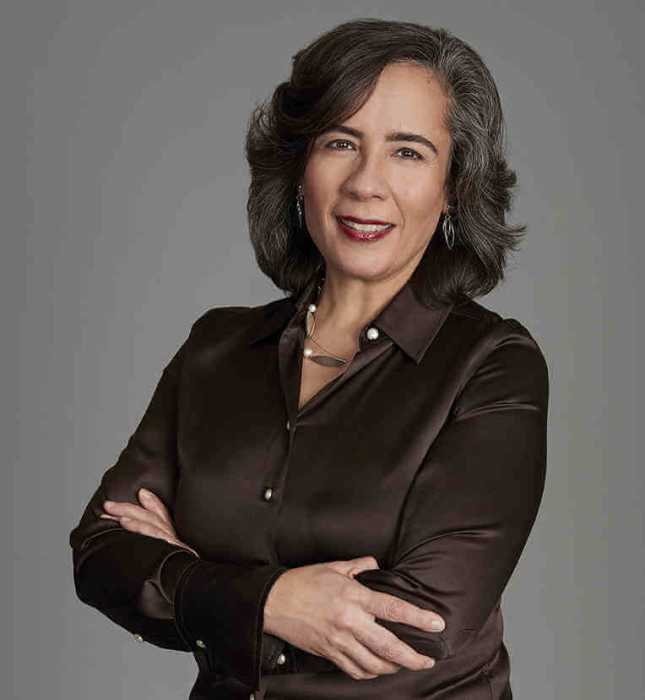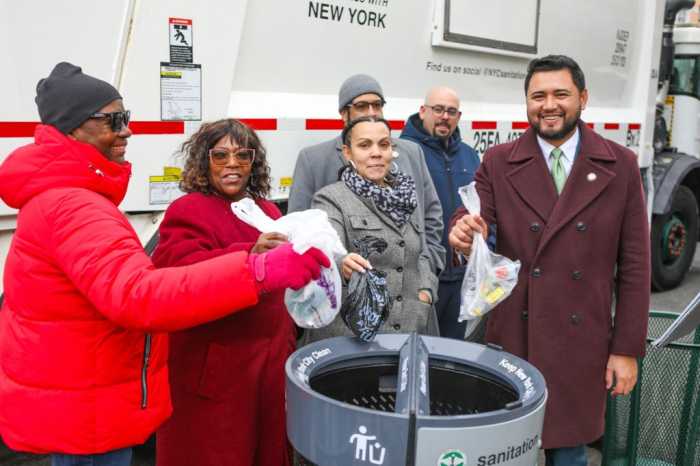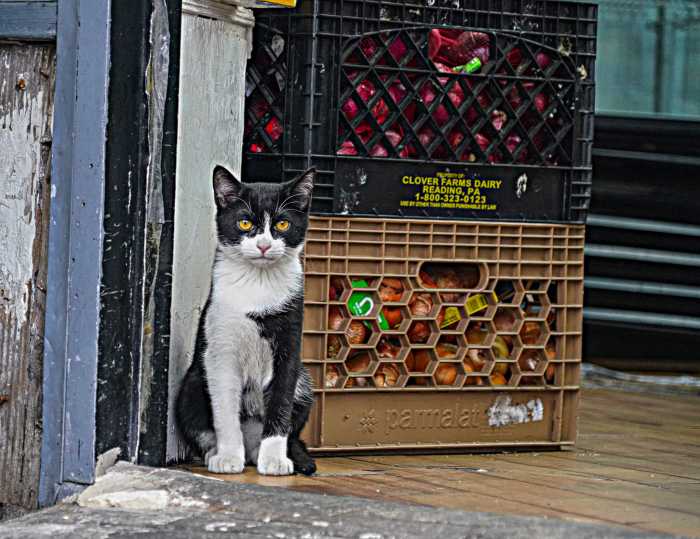Mayor Bill de Blasio. | GAY CITY NEWS
While a Cuomo administration order requiring New York City’s HIV/ AIDS Services Administration (HASA) to enroll people with HIV in its benefits program won praise from LGBT and AIDS groups, Mayor Bill de Blasio was surprised by the announcement and non-committal when asked if the city would support extending HASA services to HIV-positive people and not just those with an AIDS diagnosis.
“Was I expecting the announcement, no,” de Blasio said at a July 1 press conference. “Are we looking at it very carefully to understand what it means for New York City, yes… Obviously, we’re concerned about anything that puts more of a funding burden on New York City.”
HASA, a unit of the city’s Human Resources Administration, currently supplies rental assistance, Medicaid, nutrition, transportation, and other services only to people with AIDS, an advanced stage of HIV infection. With growing numbers of HIV-positive people on anti-HIV drugs, fewer are progressing to that later stage.
De Blasio noncommittal on picking up 71 percent of cost of expanding HASA
Since 2007, AIDS groups have sought to extend HASA services to people who are HIV-positive. Most recently, that expansion became part of the Plan to End AIDS, an ambitious effort to reduce new HIV infections in New York from the current roughly 3,000 a year to 750 annually by 2020. Among its components, the plan uses anti-HIV drugs in HIV-positive people to keep them healthy and unable to infect others. Advocates assert, with some science supporting their view, that stable housing, food, and other services make it more likely that HIV-positive people will adhere to their medication regimens.
Governor Andrew Cuomo and the de Blasio administration had been negotiating what the state and the city would pay for the expansion of HASA services, with the city saying its approval was contingent on the state agreeing to a 50-50 split. Currently, the city pays 71 percent of the HASA costs and the state contributes 29 percent. The city even allocated its first contribution for HASA expansion in the budget for the current fiscal year, which began on July 1. HASA expansion could cost as much as $100 million a year.
On June 24, Cuomo unilaterally announced that HASA would be required to enroll HIV-positive people in its services. Cuomo said nothing about paying more for it. Among supporters, the press release quoted Charles King, the chief executive at Housing Works, and Kelsey Louie, the chief executive at GMHC. Both are AIDS groups.
King, who did not return a call seeking comment, created the Plan to End AIDS along with Mark Harrington, chief executive at the Treatment Action Group, a health policy organization. The plan is endorsed by more than 60 AIDS, LGBT, and other groups across the state.
In addition to becoming known for making bold promises that he does not keep, Cuomo is also known for bashing his fellow Democrats, and his attacks on de Blasio have been especially intense. The mayor and the governor have endorsed the Plan to End AIDS, but Cuomo has balked at funding it. Seemingly forced into agreeing to the expansion despite the cost, de Blasio was equivocal when asked if he would oppose Cuomo’s order.
“I want to be very clinical here and say we’re still looking at it, we’re going to have something to say about it soon,” he said. “But I am flagging that we want to be smart and careful about the fact that we do not want to see a continued pattern of state costs forced onto the city.”
HASA For All, the city legislation that would expand HASA services, was first introduced in the City Council in 2007. It was opposed as too expensive by then Mayor Michael Bloomberg and then City Council Speaker Christine Quinn, an out lesbian who represented Chelsea. The bill gained little traction until 2015 when it was reintroduced by Corey Johnson, the out gay city councilmember who now represents Chelsea. Johnson was also quoted in the June 24 Cuomo press release.
“I think both the mayor and the governor have dedicated an enormous amount of resources the last couple of years and the mayor was a champion of expanding HASA benefits when he chaired the General Welfare Committee as a councilmember,” Johnson told Gay City News. “Even though he is rightly concerned about the cost burden for New York City, given his past commitment on the issue and the values he has demonstrated as mayor, I think that he will ultimately be supportive of this expansion even if it winds up costing the city more than expected.”

